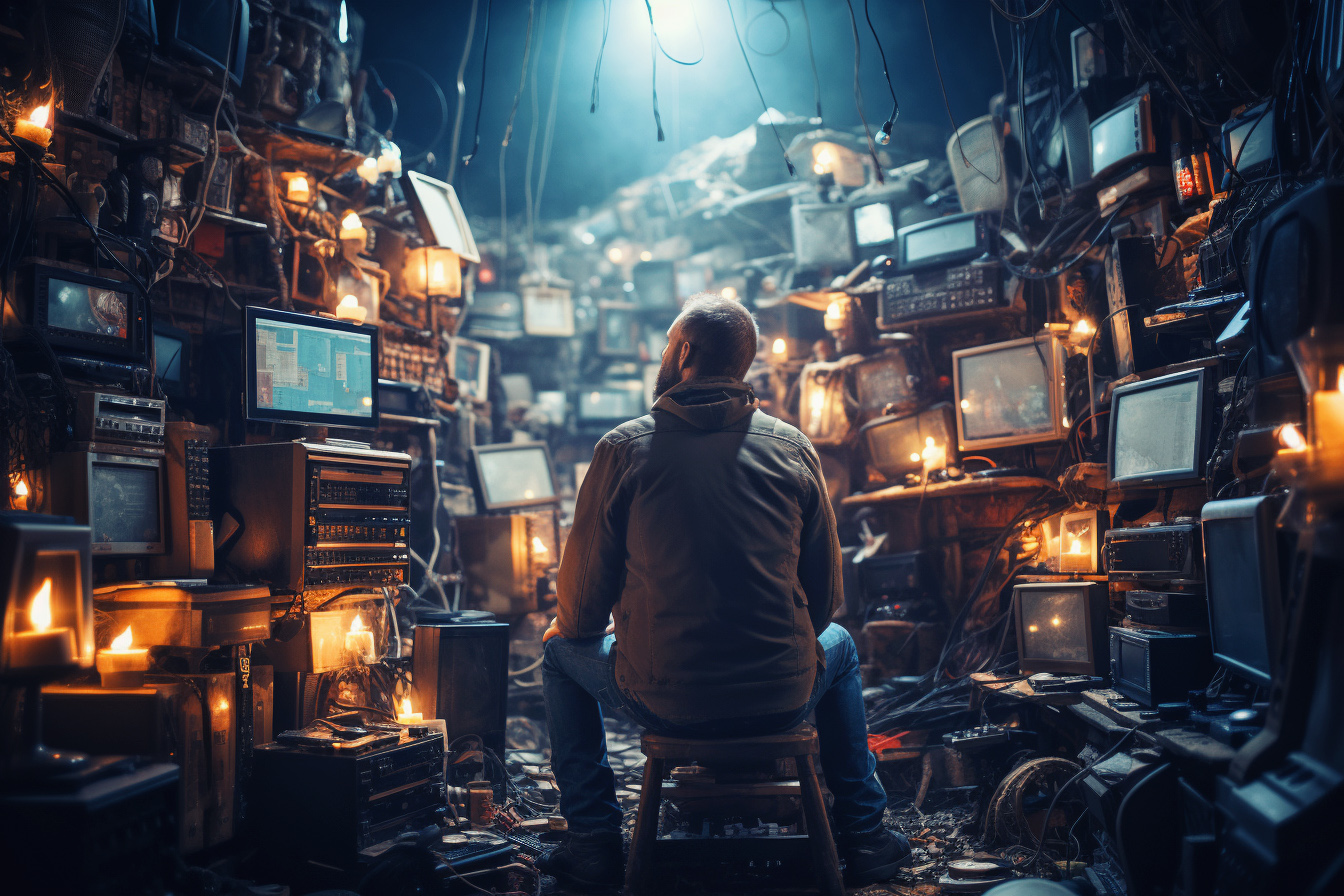In an era of rising consumerism, it’s easy to succumb to the allure of ‘more.’ More convenience, style, and space are a never-ending cycle. However, this seemingly harmless desire can slowly transform into financial strain and environmental waste. It might be time to rethink our spending habits and understand the difference between ‘wants’ and ‘needs.’
We often purchase items we think we need, but they are unnecessary, gathering dust at the back of our closets or contributing to our monthly bills without adding substantial value to our lives. Recognizing these ‘pseudo-needs’ can free up physical space, save money, and decrease our carbon footprint. This article highlights nine unnecessary items that have made it onto our must-have lists. Let’s examine them individually and explore more sustainable and cost-effective alternatives.
1. Gym membership
A costly gym membership rarely justifies its expense, incredibly, when underused. Home workouts, outdoor activities, or online fitness programs offer cheaper, equally effective options.
2. Single-use kitchen gadgets
Single-use kitchen gadgets, like avocado slicers, banana stands, or egg separators, take up precious kitchen space without offering substantial utility. Relying on essential kitchen tools that serve multiple functions can streamline your kitchen while saving money.
3. Particular ingredients/foods
We often buy particular ingredients for a single recipe, leading to food waste and an overstuffed pantry. Choosing versatile ingredients reduces waste and saves money.
4. Bloated cable package
An expansive cable package seems excessive, with the average viewer only watching a few channels. Streaming services or free broadcasts can deliver the same entertainment at a fraction of the cost.
5. Paper storage (File cabinets, organizers, file boxes)
In our digital age, paper storage appears antiquated. Digitization and cloud storage ensure safe, clutter-free document keeping.
6. Fancy cleaning supplies for home/body
Specialized cleaning products drain your wallet without offering significant benefits over multi-use products. Moreover, they contribute to packaging waste. Natural, homemade solutions can often serve the same purpose.
7. New/perfectly matching appliances/furniture
The desire for aesthetically pleasing, matching appliances and furniture creates an artificial sense of need. Refurbishing old pieces or buying second-hand reduces waste and saves money.
8. Luxury bed linens
High-thread-count sheets are undeniable during the appeal of hotel-style; the steep price tag doesn’t necessarily ensure better sleep. Quality, comfort, and durability can often be found in moderately priced options, making luxury bed linens an unnecessary expense.
9. Newest versions of phone/laptop
The latest tech gadget might seem appealing but consider the financial and environmental cost. Extending the lifespan of our devices and considering refurbished electronics can mitigate these issues.
Case Study: The Johnson Family’s Journey Towards Minimalist Living
Background
The Johnson family, four from Portland, Oregon, were overwhelmed by their spending habits. Despite a comfortable income, they struggled with mounting credit card bills, cluttered spaces, and feeling that they were losing control over their consumption. They decided to change and embarked on a journey towards a minimalist lifestyle.
Challenges
Upon analyzing their expenditures, they found they were spending exorbitantly on unnecessary items. For example, the Johnsons were locked into a costly gym membership, despite frequently opting for home workouts or outdoor activities. Mrs. Johnson loved cooking and had an array of single-use kitchen gadgets. The family also subscribed to an expensive cable package, although they mostly watched Netflix or Hulu.
Implementation
The family started their minimalist journey by canceling their underused gym membership, saving them $75 monthly. Next, they decluttered their kitchen, donating or selling single-use gadgets and sticking to versatile tools. They found this made cooking more enjoyable and simplified cleaning.
In the living room, they swapped their extensive cable package for a more budget-friendly Netflix and Hulu subscription, reducing their bill by $50 per month. Moreover, they reconsidered the planned upgrade of their luxury bed linens, opting for more affordable yet comfortable alternatives.
Results
Within six months, the Johnson family had significantly reduced their expenditure on unnecessary items. They estimated that these changes had saved them around $200 per month, contributing to a substantial annual saving. They also reported feeling less stressed due to decreased clutter in their homes and lives.
Furthermore, their shift towards minimalist living had a noticeable impact on their consumption habits. They became more mindful of their purchases, questioning the need versus the want of an item before buying.
Conclusion
Our spending habits profoundly impact our financial health, living space, and the planet. By identifying and eliminating unnecessary purchases, we can achieve a minimalist, sustainable lifestyle focusing on our actual needs rather than manufactured desires.
In adopting this mindful, minimalist approach, we may find that what we truly need is much less than what we want. Are the newest phone or laptop, the matching furniture set, and the fancy cleaning supplies truly necessary, or are they want to masquerade as needed? Each unnecessary item we avoid purchasing becomes money saved, space freed, and a step towards a more sustainable lifestyle.
Lastly, remember that minimalism and sustainability aren’t about deprivation. They’re about living more intentionally and recognizing that owning less often means living more. Here’s to less clutter, less waste, and a lifestyle that values quality over quantity.
Life can be more straightforward, lighter, and more sustainable when we shift our focus from having more to being more. This way, we can truly experience the richness of life, unencumbered by unnecessary possessions.
